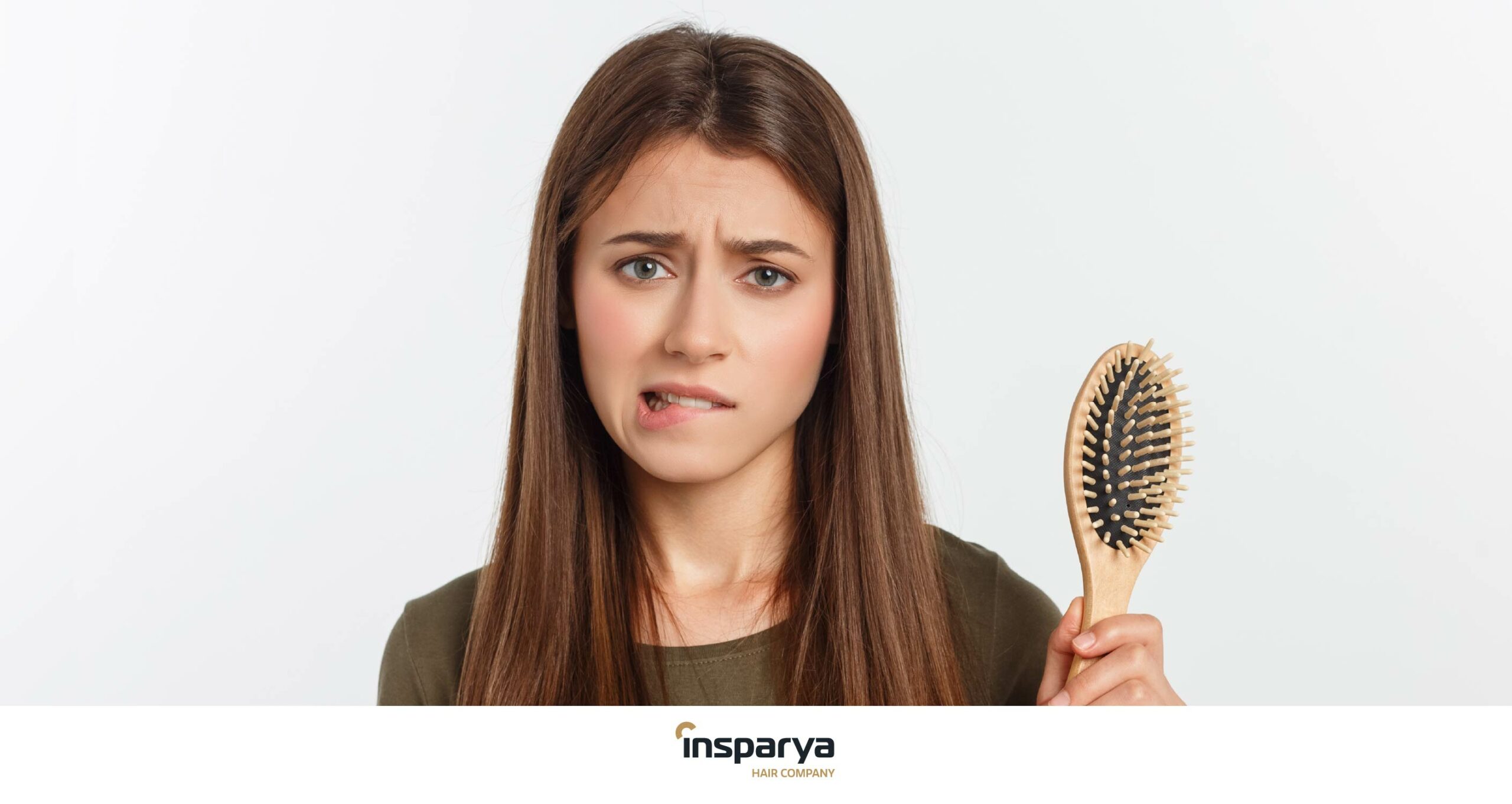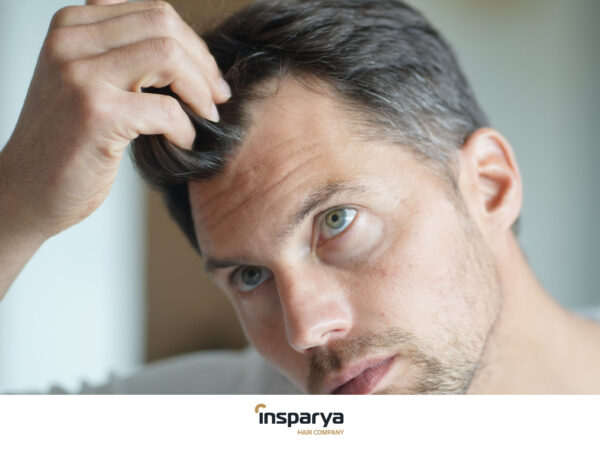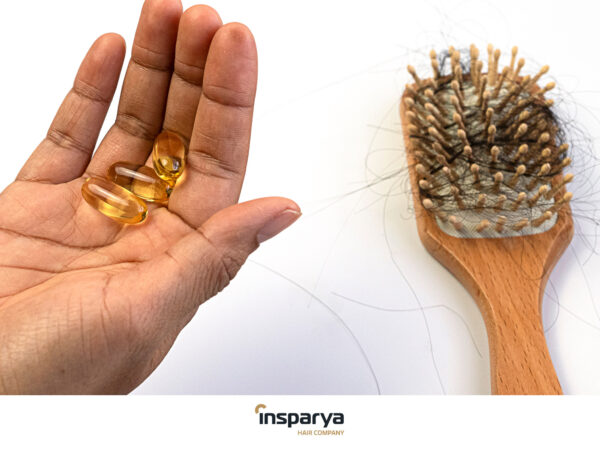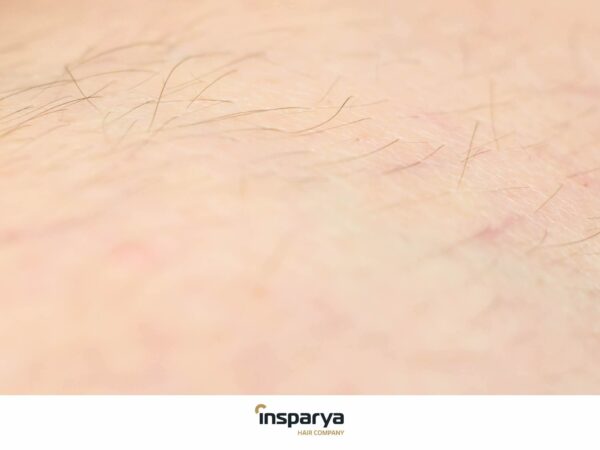
How do you know if you are going to lose your hair?
As we get older, we begin to worry about hair loss, especially men. We constantly look in the mirror with the feeling that we’re starting to get light on top and that we are going to lose our lush, beautiful hair. We see our alopecic parents and fear the same fate but hope that it won’t happen to us.
We start to look around for possible future solutions, like wigs. Will it suit me? We wonder. And if I opt for a hair transplant, will they use my own or a donor’s? In short, a multitude of questions arise.
As they say, better to prevent than to cure. We should employ hair care routines to avoid alopecia, or failing that, postpone it as long as possible. But if you are still wondering how to know if you are going to go bald, we have some tips for you.
How do you know if you will go bald?
The vast majority of men are concerned about alopecia and rightly so, since a very high percentage of them suffer from it. The main reason is because of genetics, the well-known androgenic alopecia that affects 80% of men. But don’t be afraid, we now have ways to combat it.
In the case of women, it can’t always be put down to genetics but could have various causes, such as hormonal factors (predominantly female hormones), thyroid, vitamin deficiency, folic acid, vitamin B12, vitamin D, zinc, etc

Reasons to suspect that we may suffer from hair loss include the following:
- Your father suffers from alopecia. If so, you can assume that you have the same genetics and, therefore, you too will suffer from it. This is due to the effect that androgens have on men, producing a hormone called dihydrotestosterone which affects the capillary cycle. However, it doesn’t affect all men in the same way, of course.
- You notice that you are losing density and strength around the hairline and crown area. This is usually one of the clearest and most common examples.
- The appearance of small hairless patches around the head.
- You begin to notice more hair falling out when you shower or on your pillow when you wake up. When before there was hardly any hair, now there’s much more.
- It’s true that as men get older, they are more likely to suffer from baldness. So, the older you get without losing your hair, the more likely it is that you are going to keep it.
- If you’re under a lot of stress, this is not good for your health and not good for your hair health either.
Hair can fall out for various reasons such as hair type or genetics, among others, and it can vary from person to person. Hormones can also play a fundamental role in hair health. For example, postmenopausal women may be more prone to hair loss. And in the case of men, it has been observed that two brothers may not suffer the same degree of alopecia, despite having very similar genes. Therefore, predicting if someone is going to have alopecia is not easy. And the younger you are, the more difficult it is to predict.
Some treatments, such as mesotherapy or PRP (platelet-rich plasma), are excellent options for energising and revitalising hair, especially hair in the ageing phase. With these treatments, it’s possible to postpone the dreaded hair loss. For those who already suffer from hair loss, hair transplantation is the only way they can get their hair back.




